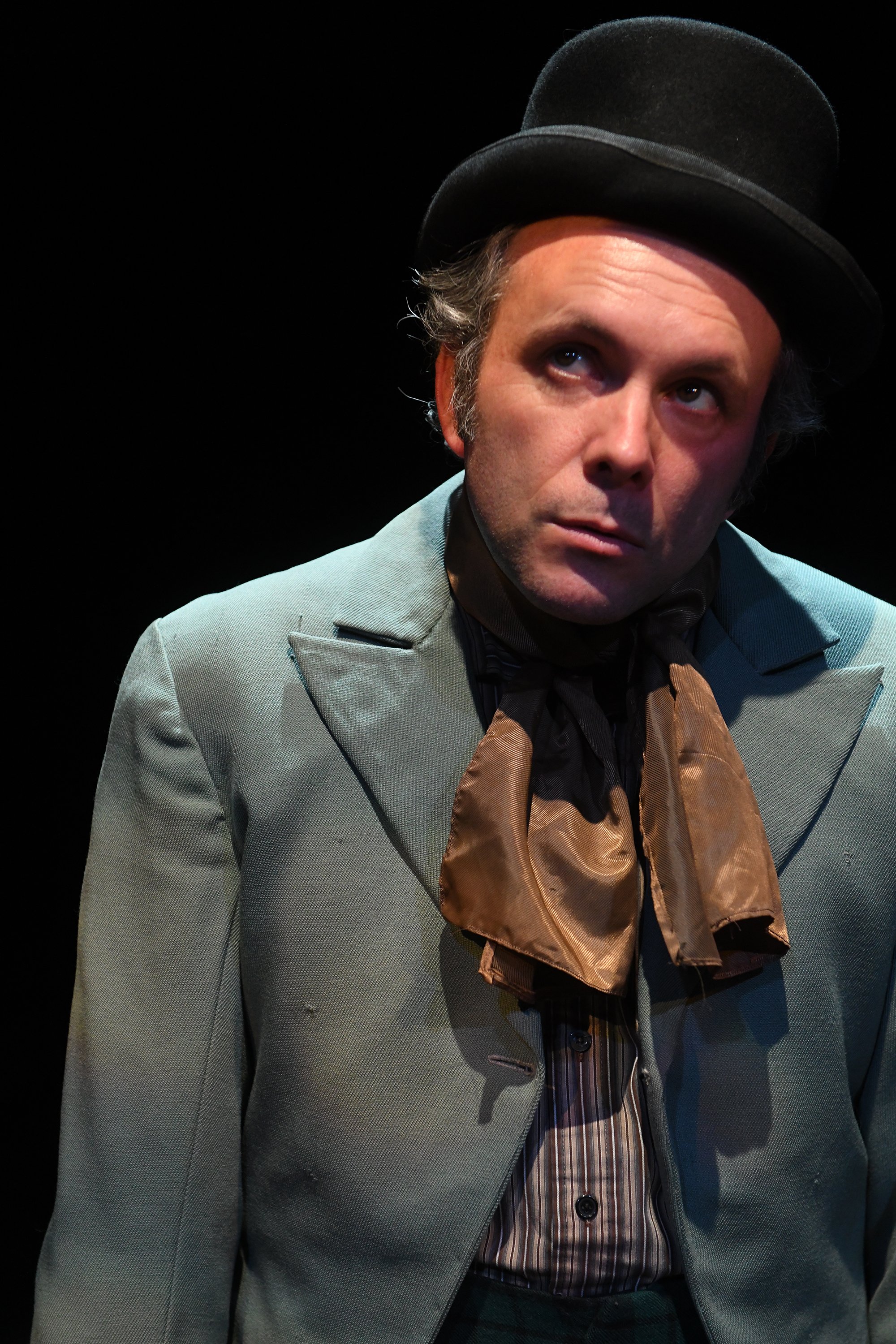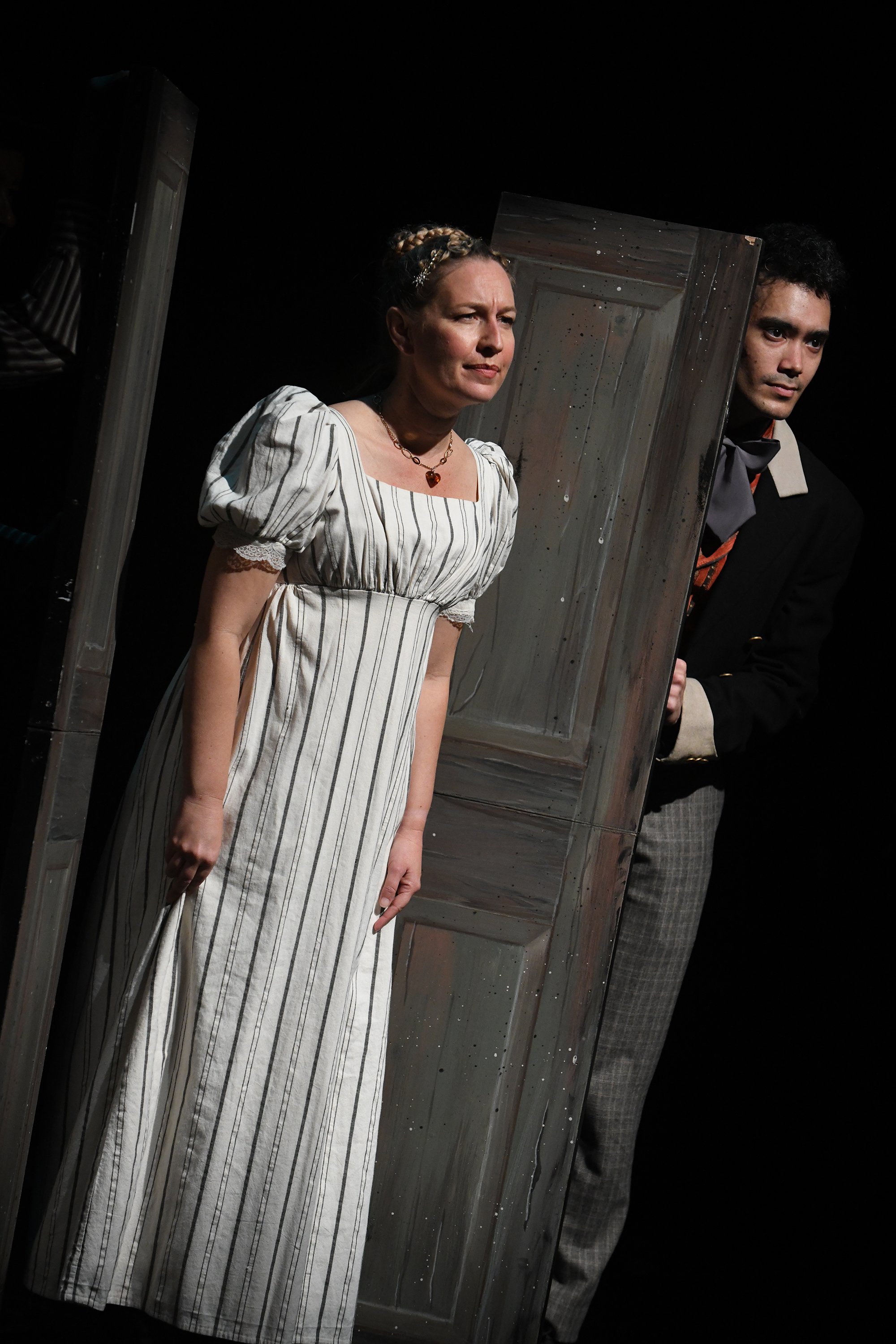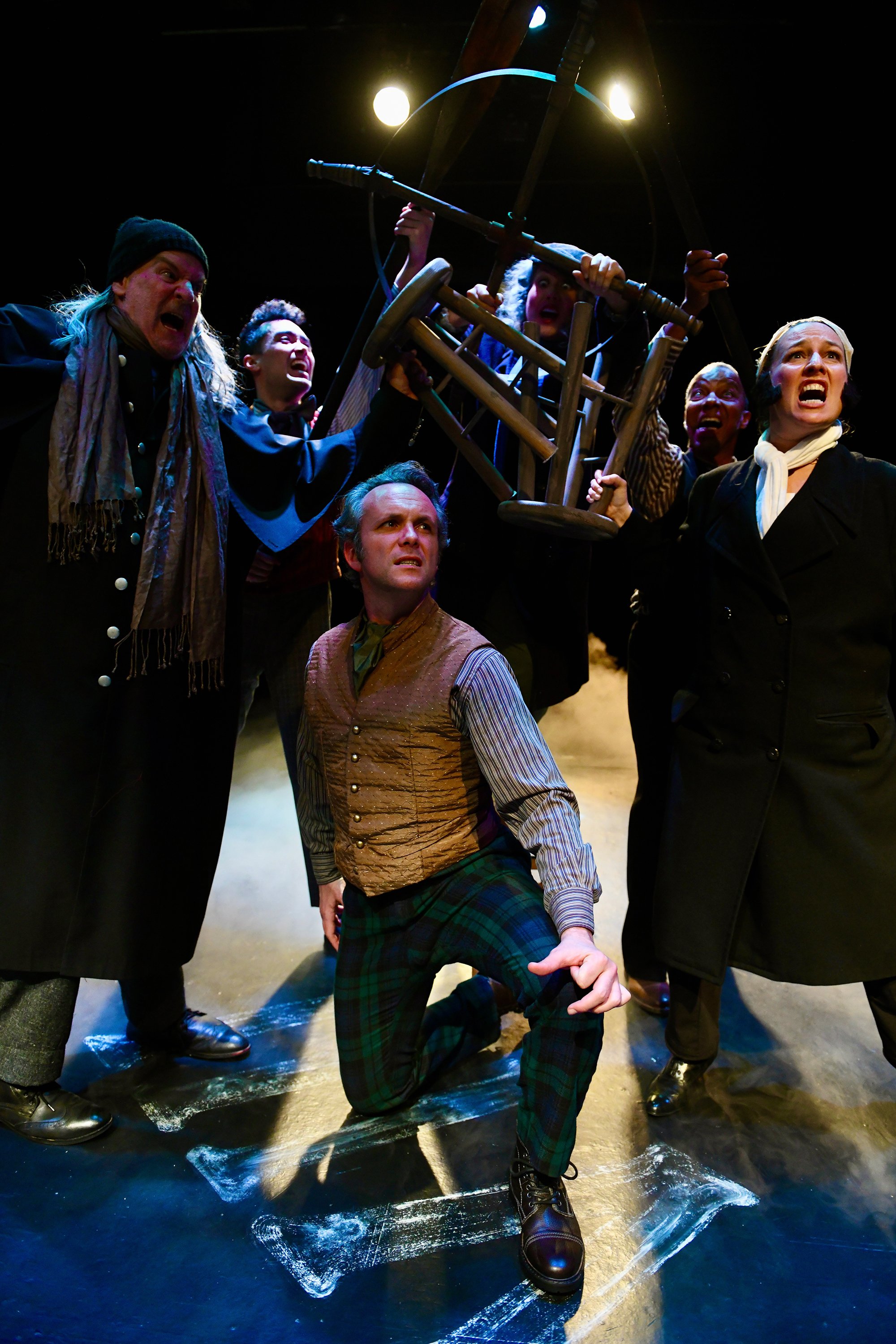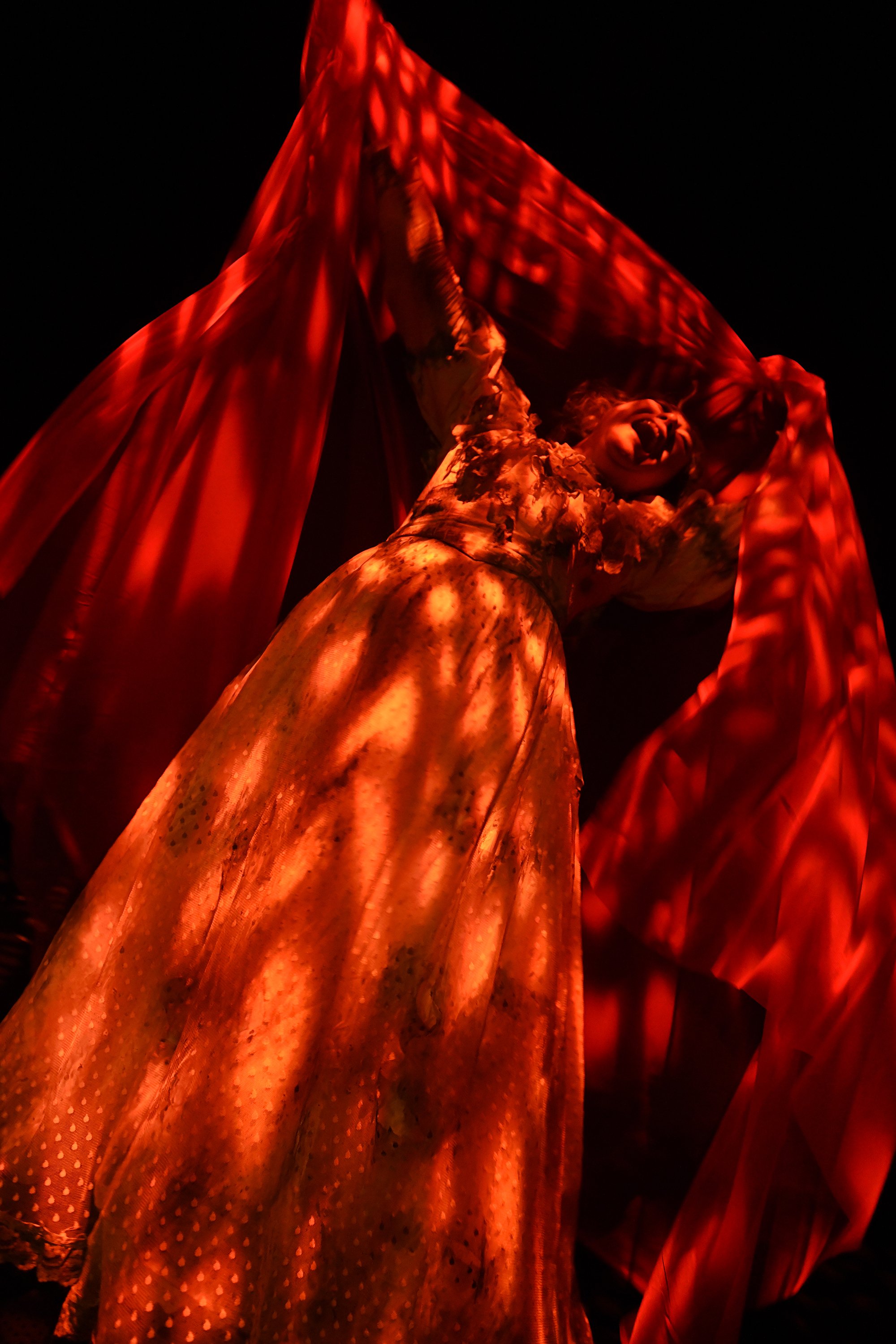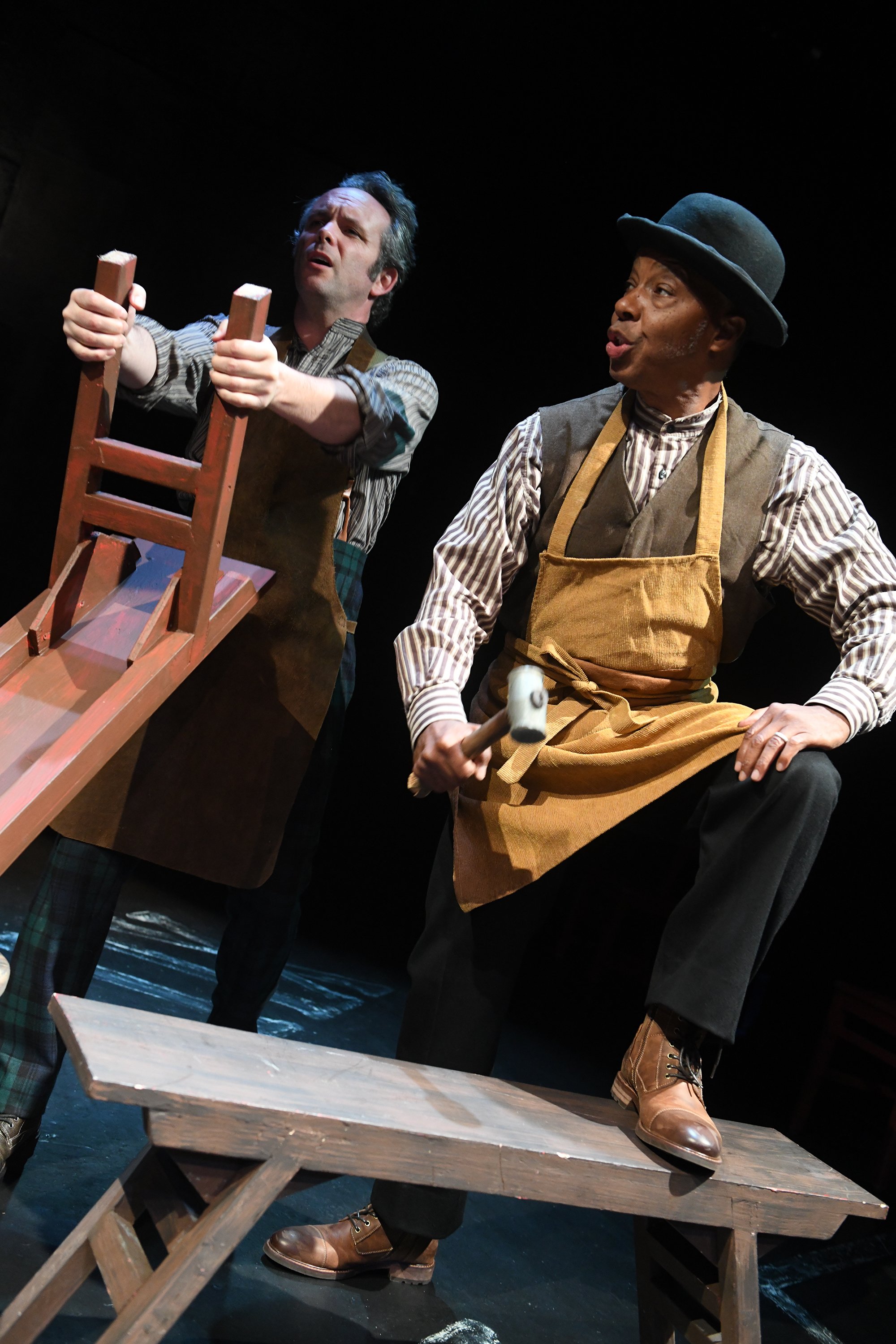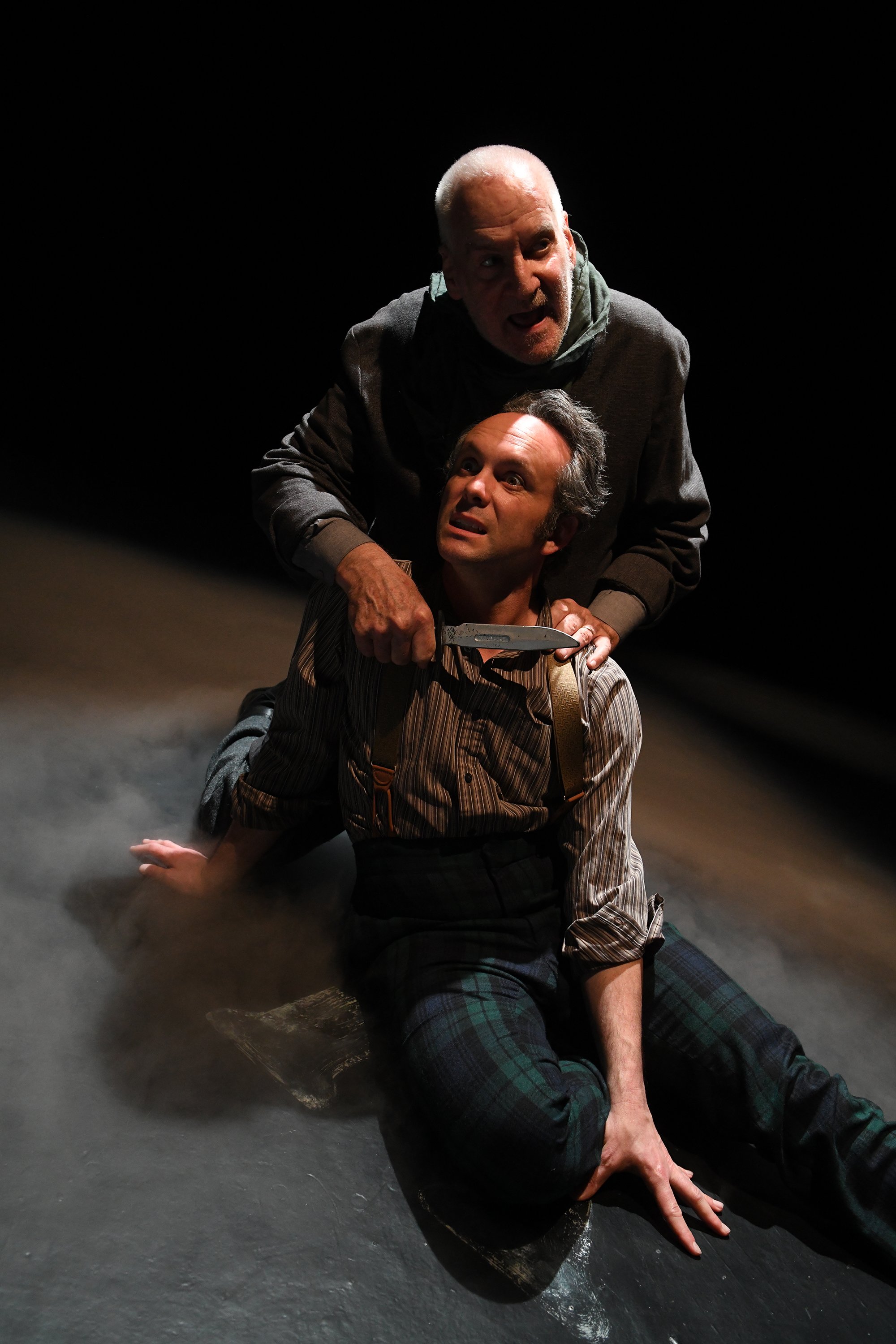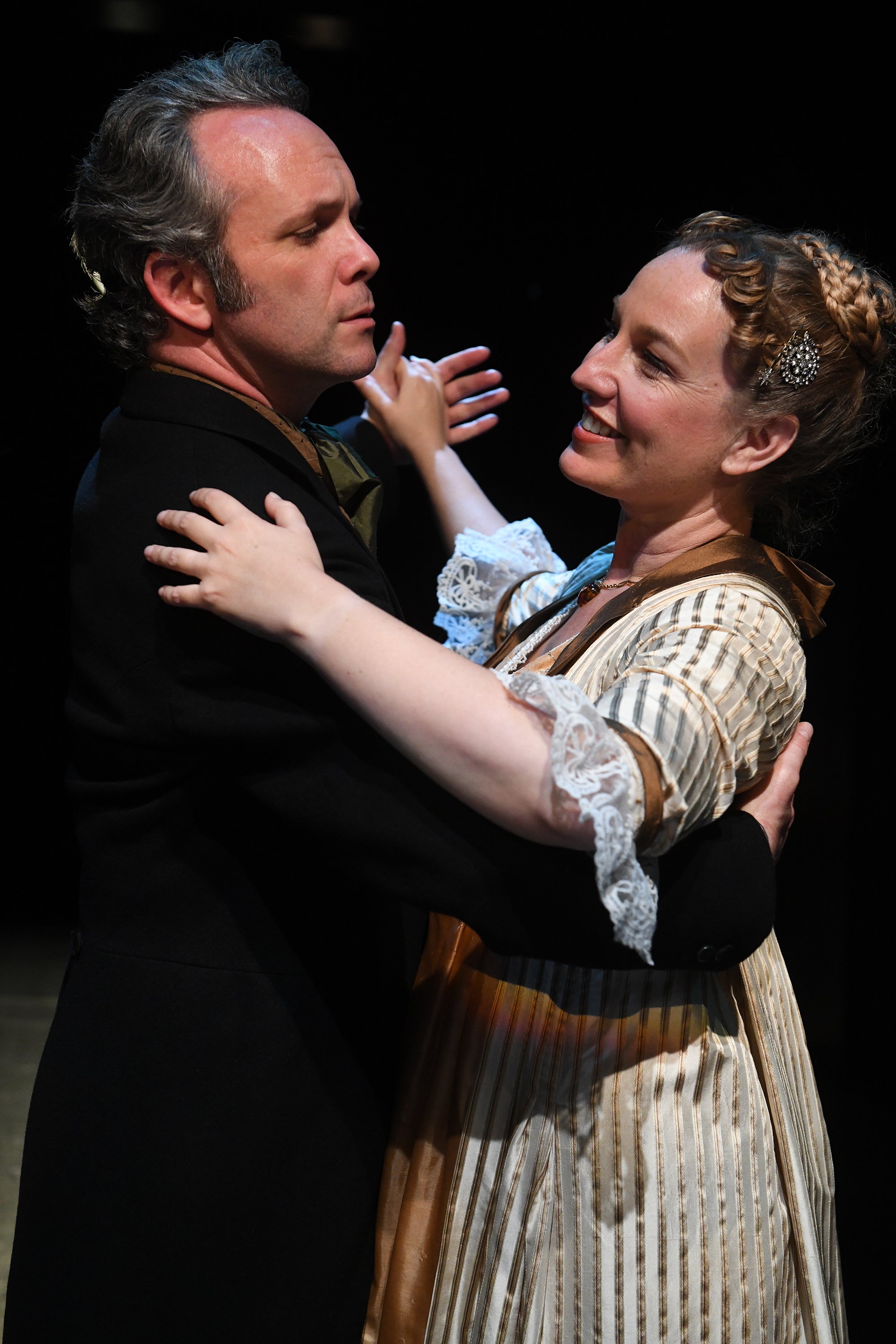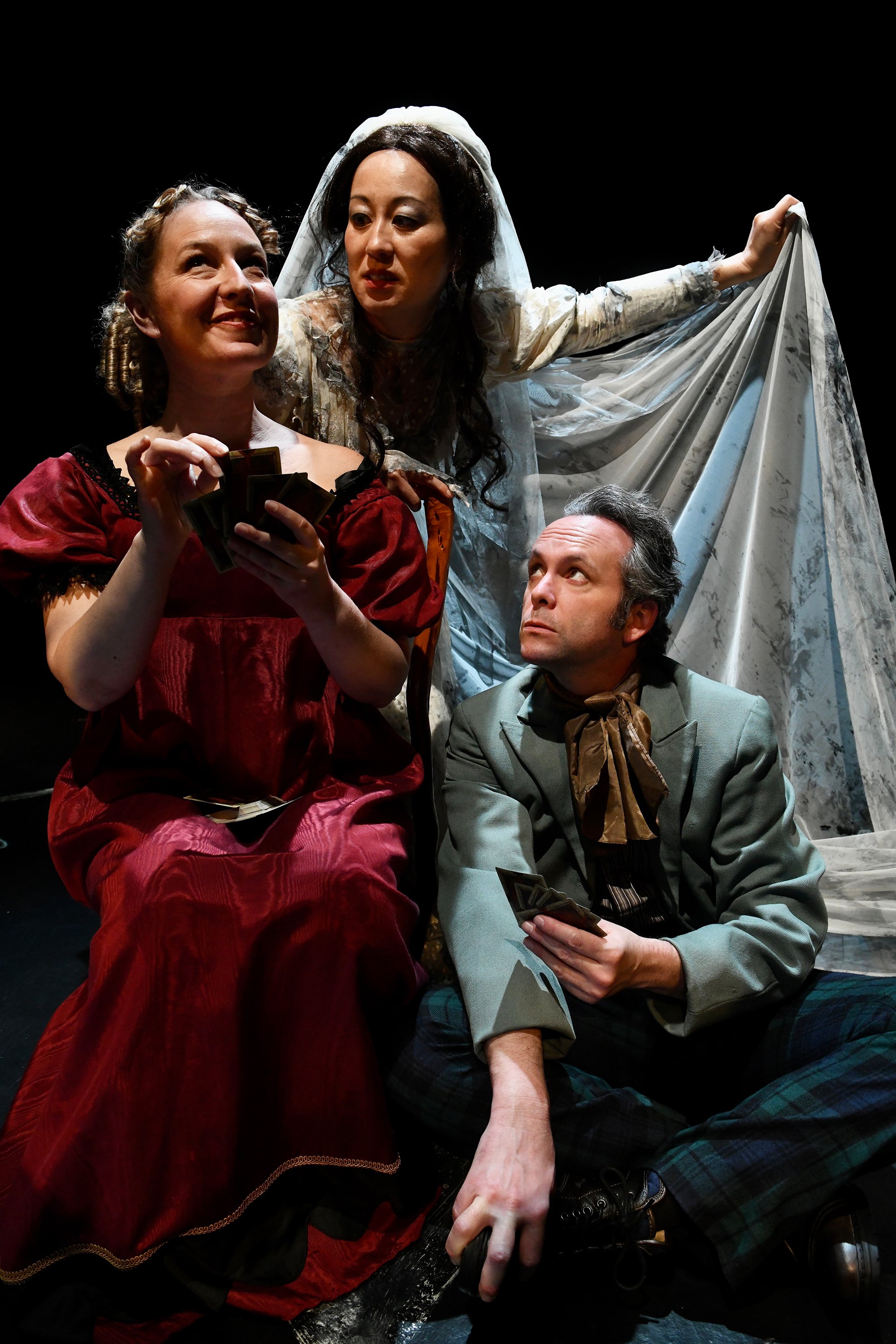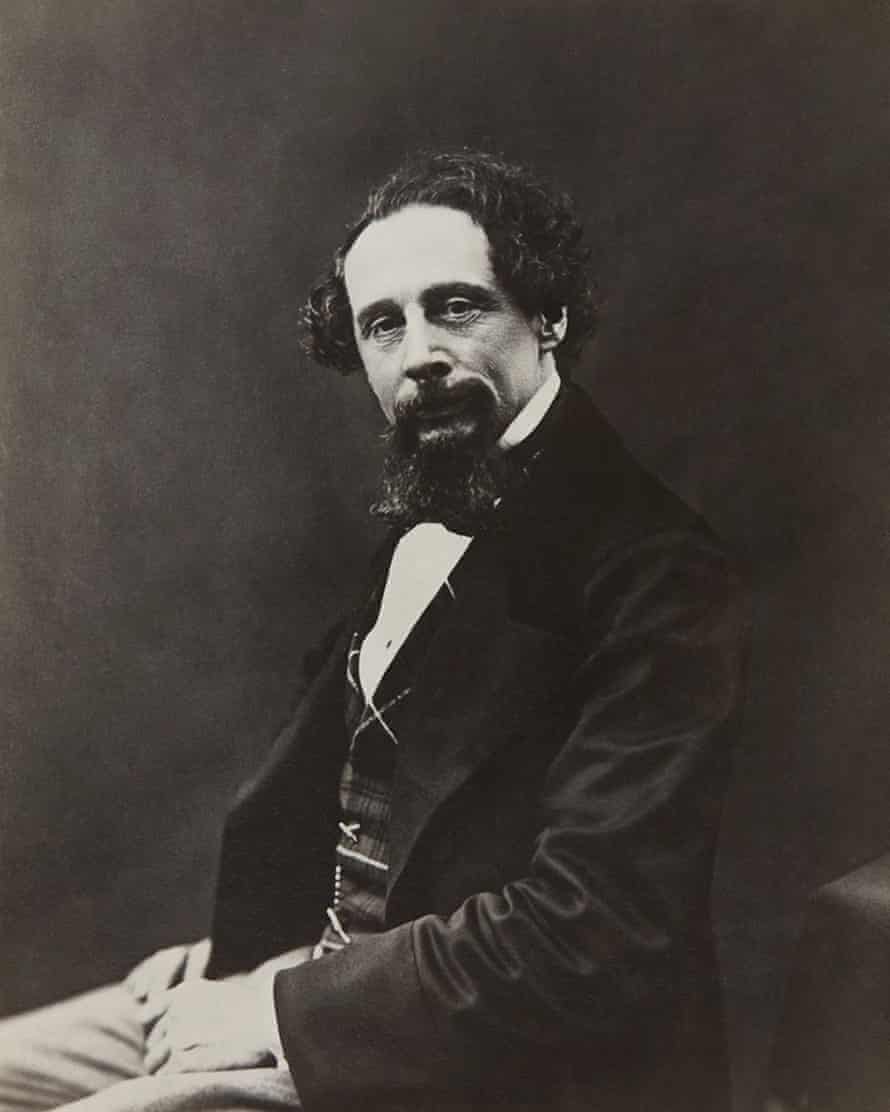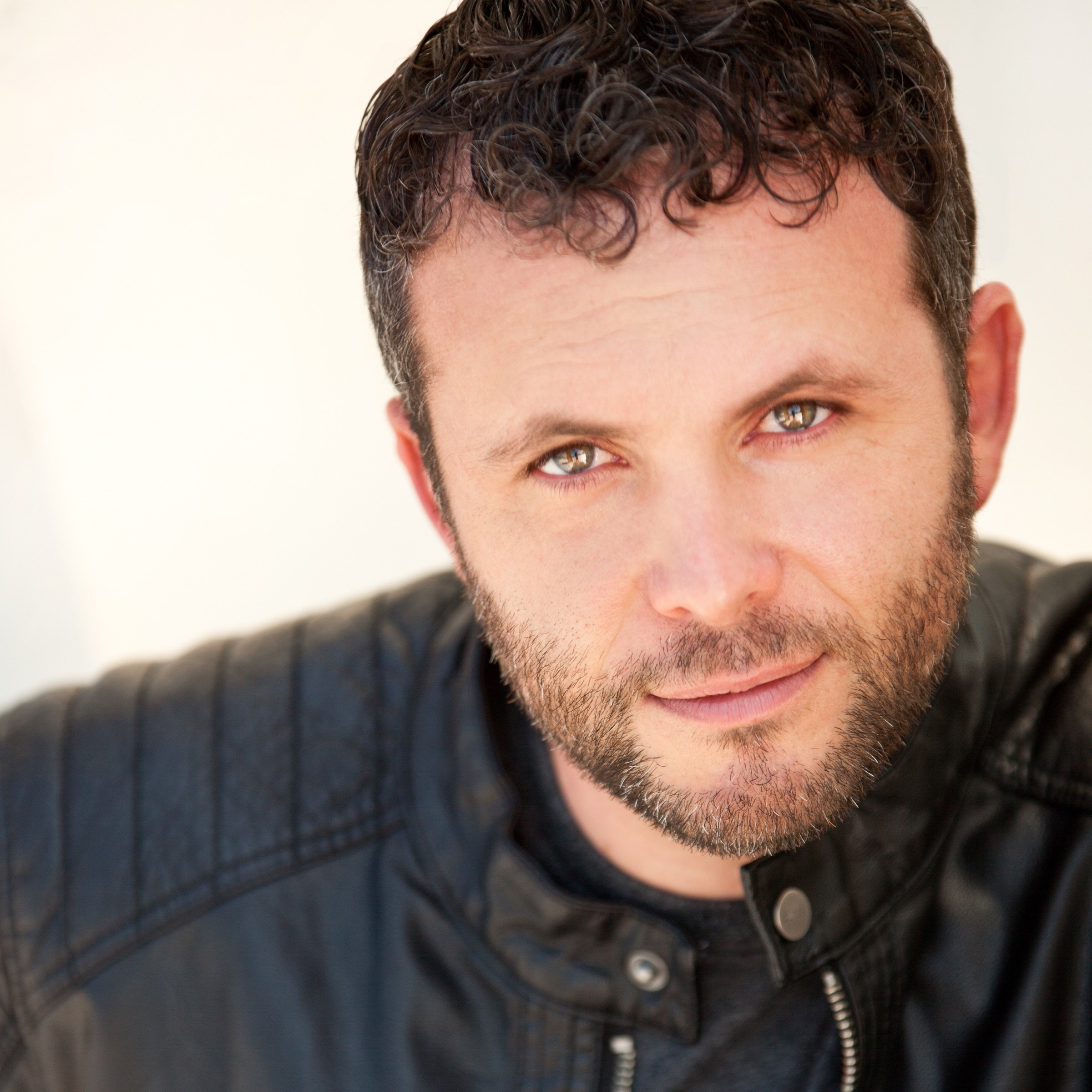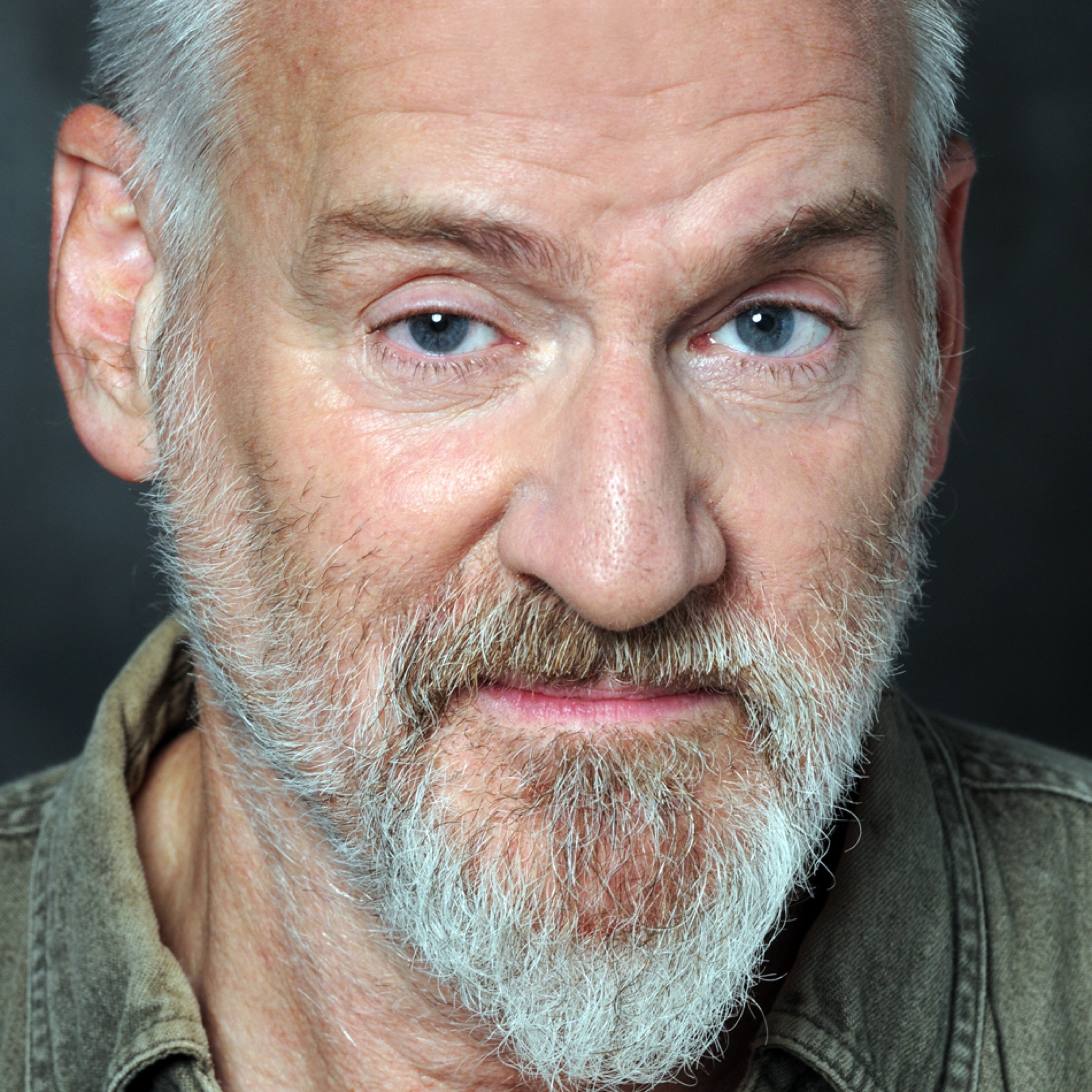Great Expectations
POWERFUL ADAPTATION OF CHARLES DICKENS’ CLASSIC TALE
Desire becomes destiny in Neil Bartlett’s powerful adaptation of Charles Dickens' classic tale. A young orphan named Pip takes us on a journey through the windswept marshes of England, to the cobweb-strewn lair of mad Miss Havisham, and into the ruthless streets of London. A story of survival filled with intrigue and unexpected twists that has captivated generations, the true nature of generosity and the price of revenge comes to life in this raw adaptation. Might we find it in our hearts to forgive the unforgivable?
“‘Great Expectations’ overall succeeds as a superb display of acting and storytelling. Come to this show with high expectations, and they will easily be met.”
“In San Jose Stage’s delightful interpretation of the Charles Dickens 1861 thematic masterpiece... the epic nature of the narrative is palpable. ”
“‘GREAT EXPECTATIONS’ continues to explore social injustice and the human experience with a first-rate cast in a powerhouse production.”
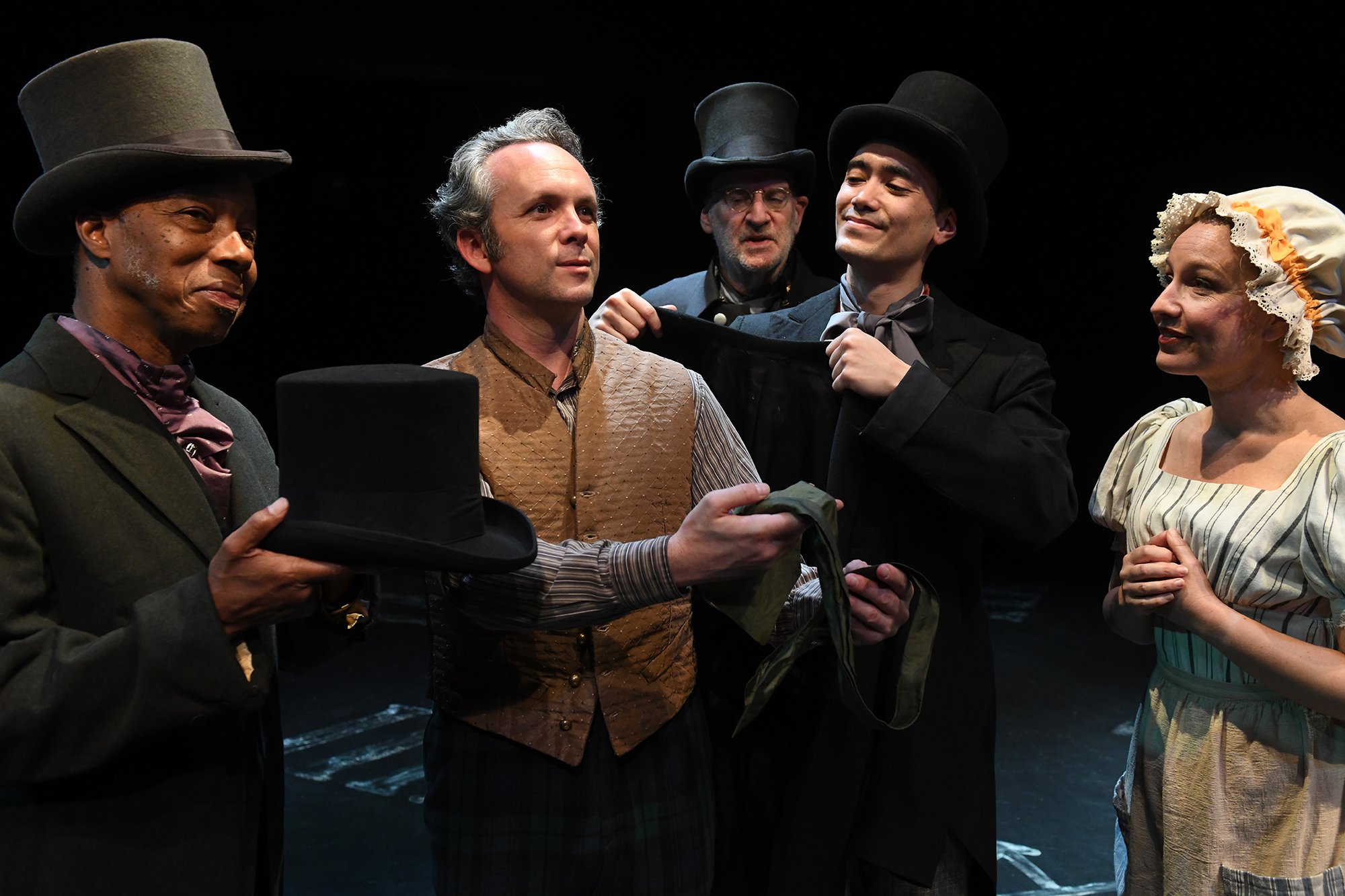
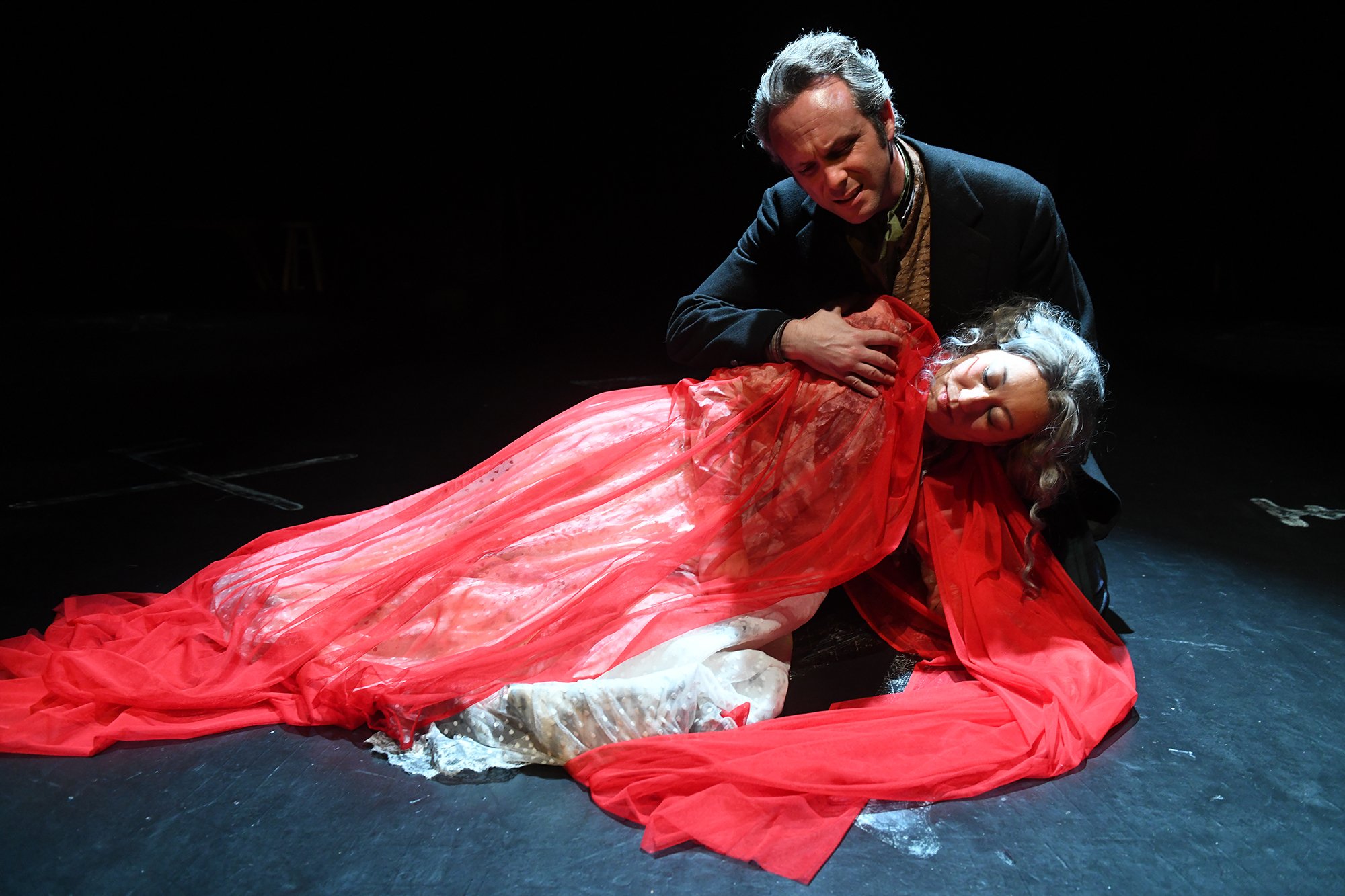
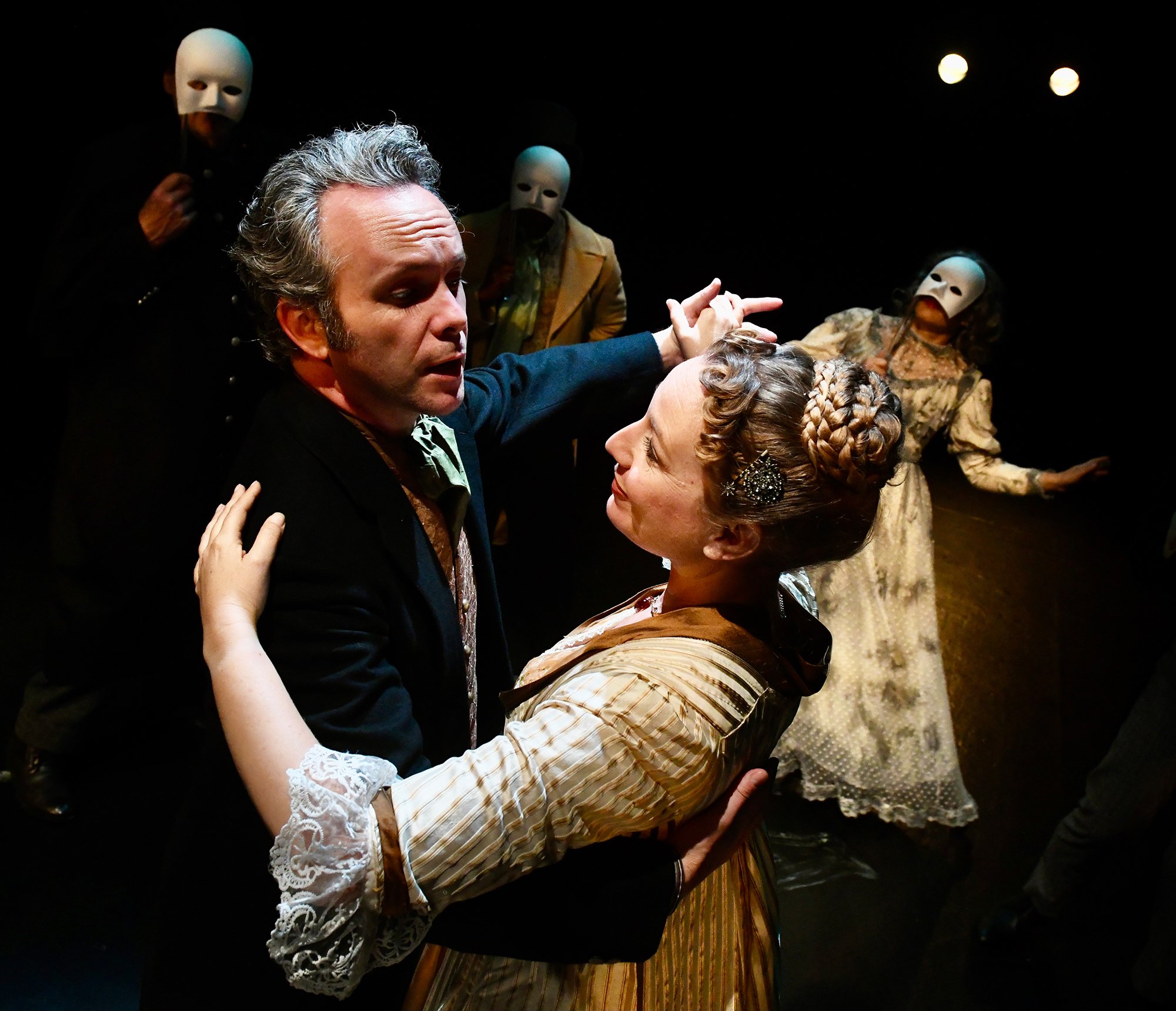
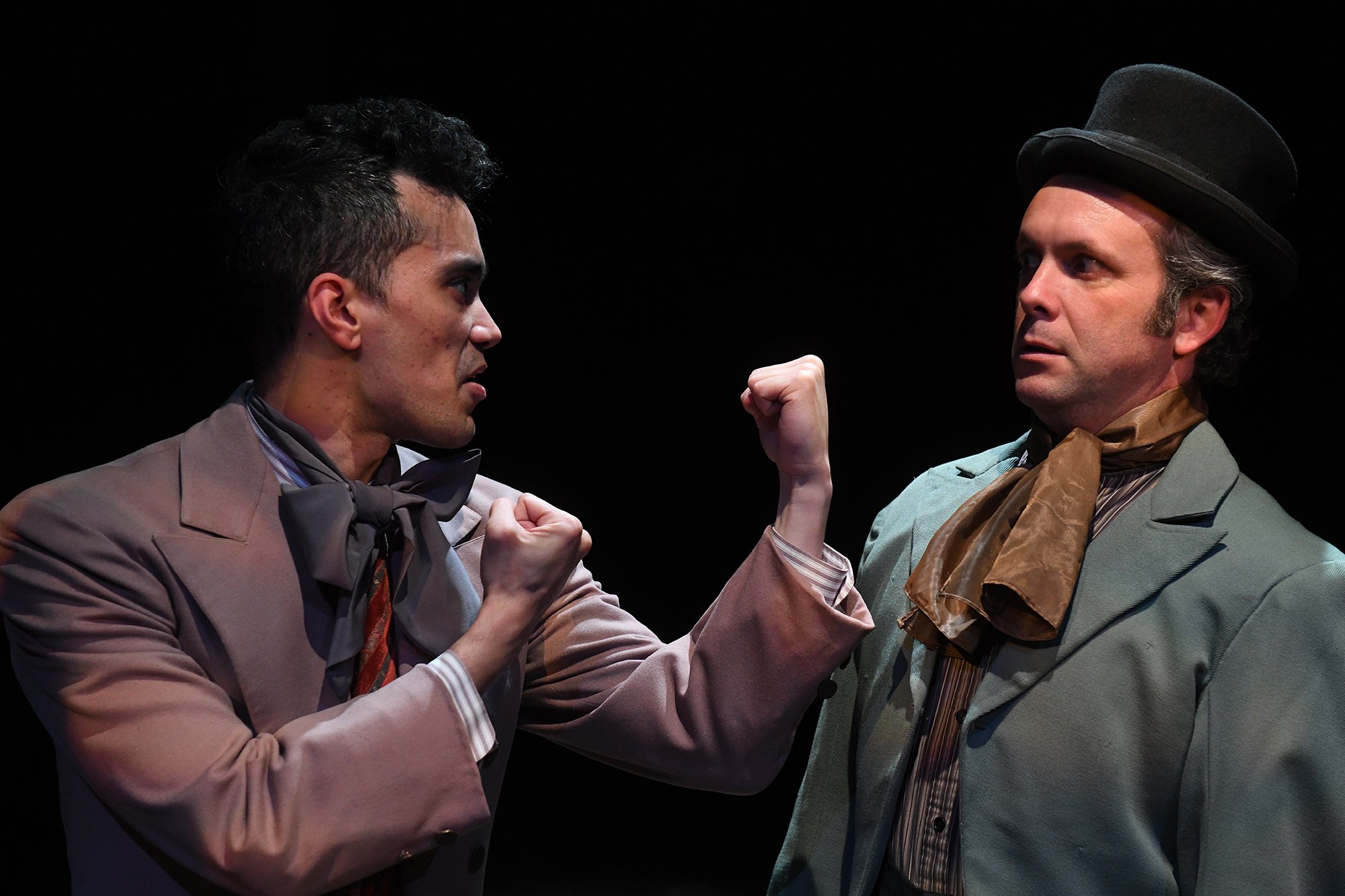
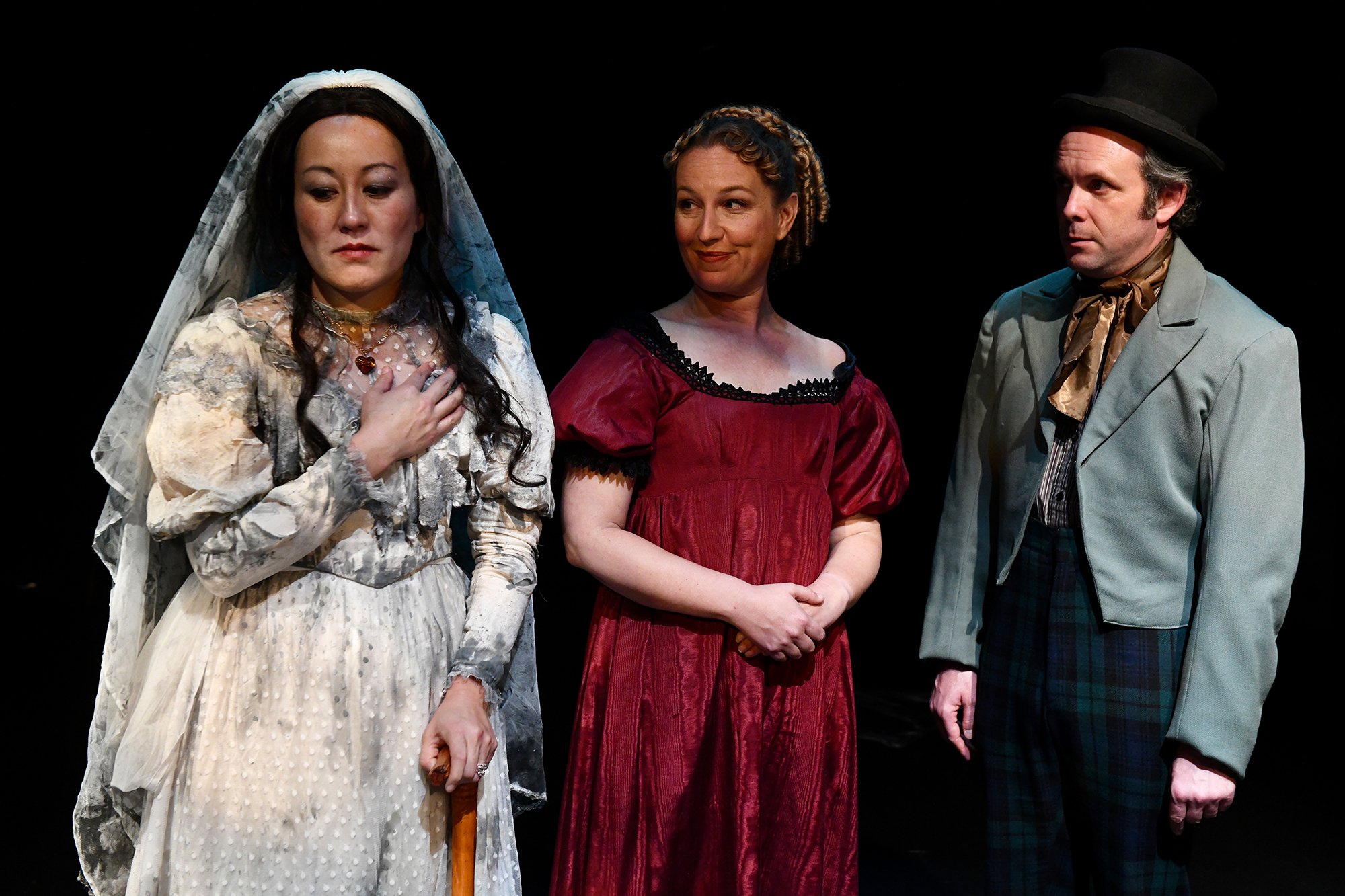
About the Playwright
Neil Bartlett has been making rule-breaking theatre and performance since 1983. After a controversial early career he was appointed Artistic Director of the Lyric Hammersmith in London in 1994; since leaving the Lyric in 2005 major cultural producers he has worked for include the National, the Abbey in Dublin, the Bristol Old Vic, the Manchester Royal Exchange, the Edinburgh International, Manchester International, Brighton, Aldeburgh and Holland Festivals, the Wellcome Foundation and Tate Britain .
Neil is also an acclaimed author, with a whole shelf of novels, plays, adaptations and translations to his name. His most recent novel, The Disappearance Boy, earned him a nomination as Stonewall Author of the Year in 2014 – and his very first novel, Ready to Catch Him Should He Fall, has just been republished (2017) by Profile as a Serpent's Tail Classic.
ABOUT THE AUTHOR
Charles Dickens (February 7, 1812 – June 9, 1870) was an English writer and social critic. He created some of the world's best-known fictional characters and is regarded by many as the greatest novelist of the Victorian era. His works found unprecedented popularity during his lifetime and, by the 20th century, critics and scholars had recognised him as a literary genius. His novels and short stories are widely read today.
His novels, most of them published in monthly or weekly installments, pioneered the serial publication of narrative fiction, which became the dominant Victorian mode for novel publication. His plots were carefully constructed and he often wove elements from topical events into his narratives. Masses of the illiterate poor would individually pay a halfpenny to have each new monthly episode read to them, opening up and inspiring a new class of readers.
His other notable works include A Christmas Carol, Oliver Twist and A Tale of Two Cities. The term Dickensian is used to describe something that is reminiscent of Dickens and his writings, such as poor social or working conditions, or comically repulsive characters.
Cast
*Members of Actors’ Equity Association


